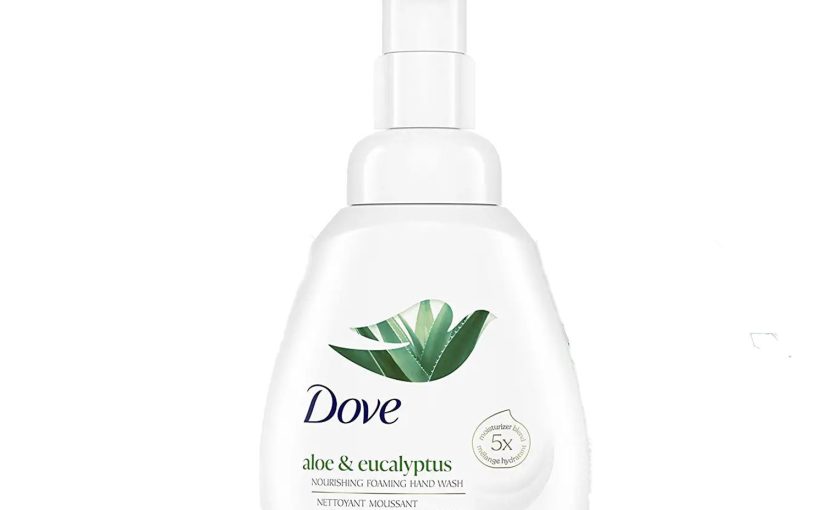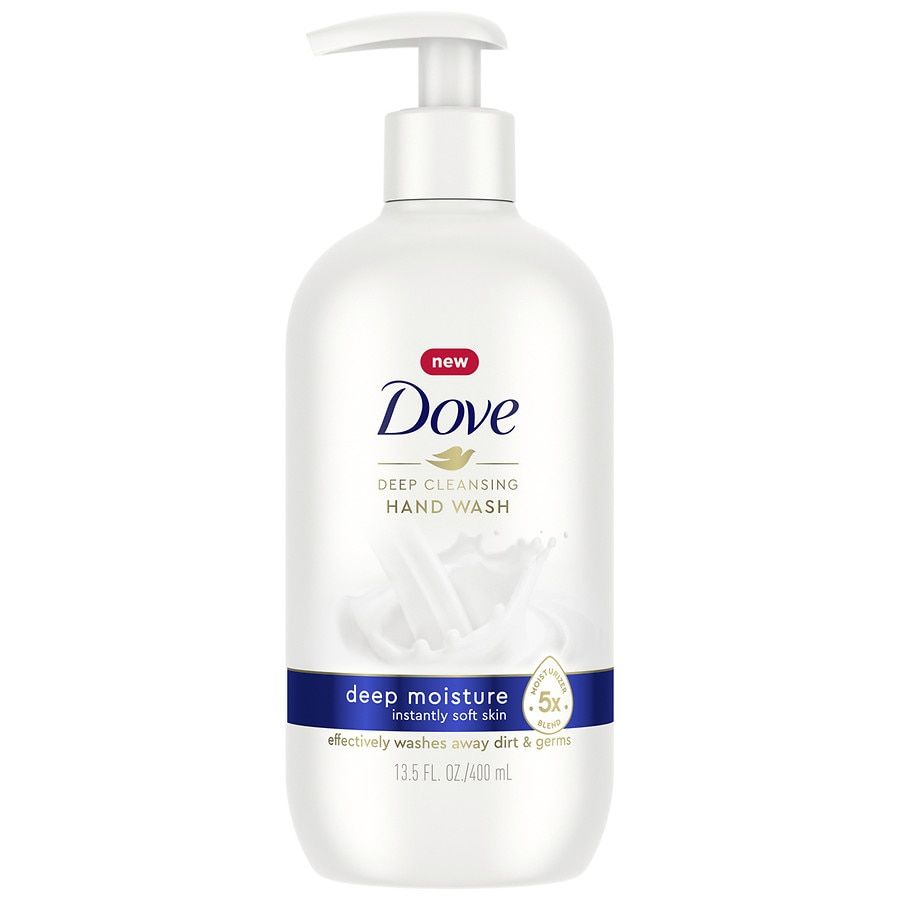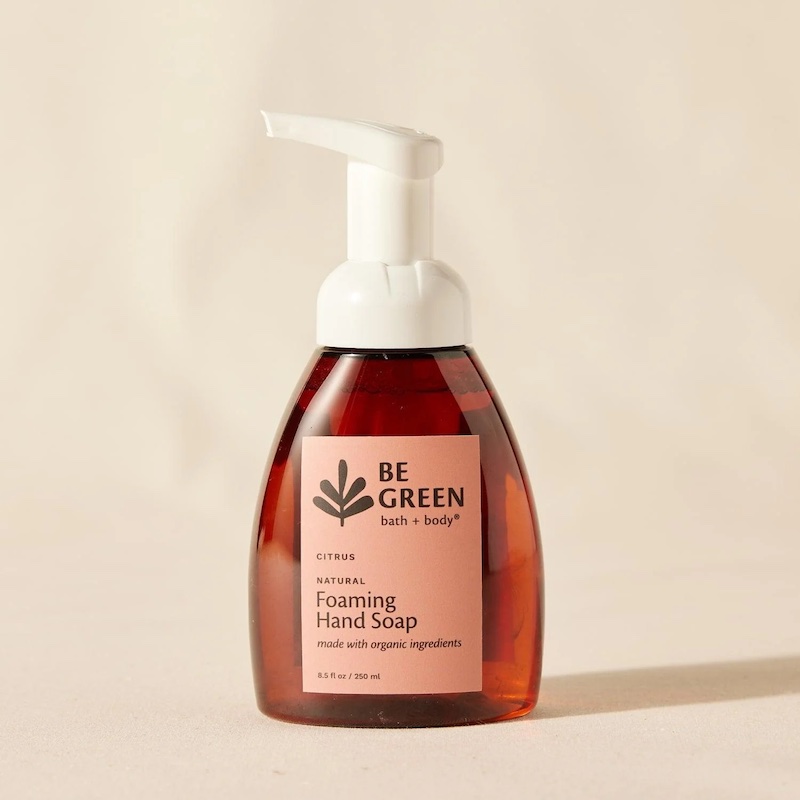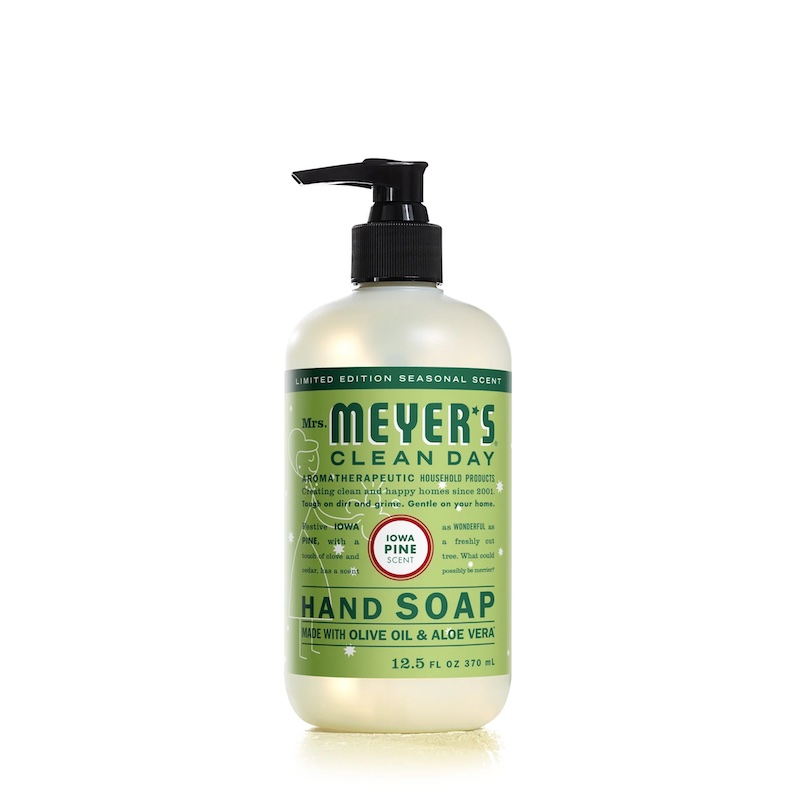Understanding Eczema and Hand Dryness
Eczema, a common skin condition, often affects the hands, making them dry and uncomfortable. Best hand soap for eczema, Frequent hand washing, while essential for hygiene, can exacerbate this issue, particularly for those with sensitive skin. It’s important to understand the role of hand sanitizing and the nature of hand skin to effectively manage eczema.
How Hand Sanitizing Affects Skin Moisture
Hand sanitizing is crucial, but it comes with a downside. Sanitizers typically contain ethanol or other antibacterial agents that strip away moisture along with germs, leaving hands dry. Using products with high alcohol content frequently can severely dehydrate the skin, leading to the uncomfortable dryness associated with eczema.
Why Hands Are Prone to Eczema
Hands are especially vulnerable to eczema for a few reasons. They have fewer oil-producing glands compared to other parts of the body, which means they naturally retain less moisture. Additionally, frequent exposure to harsh chemicals, from household cleaners to hand soaps, can disrupt the skin’s barrier, making hand skin even more prone to eczema and irritation.
Tips for Selecting Eczema-Friendly Hand Soap
Choosing the right hand soap is crucial for those with eczema, as the wrong type can exacerbate the condition. Here are some tips for selecting eczema-friendly hand soaps that can help prevent further irritation and soothe dry skin.
The Impact of Sodium Lauryl Sulphate on Skin
Sodium Lauryl Sulphate (SLS) is a common ingredient in many soaps and cleansers. Unfortunately, SLS is known for stripping natural oils from the skin, leading to dryness and irritation. Regular use of SLS-containing soaps can be harsh, especially on eczema-prone skin, increasing the risk of flare-ups.
Benefits of SLS-Free Hand Wash
Using an SLS-free hand wash is a gentler option for people with sensitive or eczema-affected skin. These formulations do not contain the harsh surfactants that contribute to skin dryness and irritation. Instead, they help maintain the skin’s natural moisture barrier, protecting against eczema symptoms.
Selecting Organic and Sensitive Skin Formulas
When choosing a hand soap, opt for organic and formulas designed for sensitive skin. These products typically avoid harsh chemicals and include natural, soothing ingredients that aid in skin repair and hydration. Look for labels like ‘organic’, ‘fragrance-free’, and ‘suitable for sensitive skin’ to make better choices for eczema care.
Best Practices for Hand Washing and Eczema
Proper hand washing is key to managing eczema. It requires more than just soap and water. People with eczema must wash their hands gently and take care not to irritate the skin further. Here is how you can wash your hands effectively and keep eczema at bay.
Proper Hand Drying Techniques
Drying your hands well after washing is crucial. Wet skin can worsen eczema symptoms. Be gentle. Pat your hands dry with a soft towel instead of rubbing them. Focus on drying between your fingers, where moisture can linger.
The Role of Protective Gloves during Household Chores
When cleaning or doing dishes, wearing gloves can protect your hands. It prevents direct contact with cleaning agents and water, which can strip away oils from the skin. Choose gloves that are comfortable and do not cause sweating.
Overnight Hand Mask Treatments for Intense Hydration
For deep hydration, use an overnight hand mask. Apply a thick layer of a rich hand cream before bed. Wear cotton gloves to lock in the moisture. This will help heal the dryness and cracks caused by eczema.
Protecting Children’s Skin from Eczema
Understanding the Differences in Children’s Skin Care
Children’s skin is notably more delicate and sensitive than that of adults. Its vulnerability to dryness and irritation calls for special care, particularly when it comes to managing conditions like eczema. Unlike adults, children’s skin is thinner and loses moisture more quickly, thus requiring gentle cleansing and moisturizing products that avoid exacerbating dryness. In caring for a child with eczema, it is essential to choose products designed with their unique skin needs in mind, steering clear of harsh chemicals and fragrances that might trigger a flare-up.
Organic and Gentle Solutions for Young Skin
For young ones with tender skin, organic and gentle care solutions are the best line of defense against eczema. Opting for hand soaps and lotions crafted from natural ingredients can provide soothing relief without the harsh side effects of additives found in many conventional products. When scouting for these products, look for those labeled as ‘organic’, ‘hypoallergenic’, and ‘free from artificial colors and fragrances’. Aloe Vera, for example, is known for its healing properties and is an ideal ingredient for children’s skin products, offering both hydration and a gentle touch for dry hands. Implementing these eczema-friendly products into your child’s hand-washing routine can make a significant impact on their comfort and skin health.
Nourishing Ingredients for Eczema-Affected Skin
When choosing the best hand soap for eczema, it’s also crucial to look at the moisturizing ingredients that can nourish and repair eczema-affected skin. Effective hand care means using products that both cleanse and treat the skin to alleviate dryness and irritation.
The Benefits of Perilla Seed Oil and Squalane
Perilla Seed Oil is packed with nutrients beneficial for eczema-prone skin. It is rich in omega fatty acids, which help to support the skin’s natural barrier. This oil aids in retaining moisture and reducing inflammation. Squalane, another powerful ingredient, deeply hydrates the skin. It is a natural emollient that locks in moisture and reduces redness, offering comfort to irritated skin. Together, these ingredients can significantly improve hand skin’s texture and health.
Include Perilla Oil and Squalane in your hand care regimen to strengthen your skin against the drying effects of frequent washing.
Natural Ingredients to Look for in Hand Care Products
When selecting hand care products, aim for those with natural components. Ingredients like Aloe Vera, Shea Butter, and Jojoba Oil are known for their soothing properties. They provide relief to dry, cracked hands and help in skin recovery. A hand wash coupled with a lotion containing these natural ingredients can offer a protective and therapeutic effect, ideal for managing eczema. Improving hand skin health becomes more manageable with the right products infused with nature’s best.
Remember, the keywords are hydration, nourishment, and gentleness—three factors paramount for eczema care.
Completing Your Hand Care Routine
Proper hand care for eczema goes beyond just selecting the right soap. It involves a full routine that incorporates both washing and moisturizing to protect and heal the skin.
How to Complement Hand Soap with Eczema-Friendly Lotions
After washing your hands with a gentle, SLS-free soap, immediately apply a nourishing lotion. This helps lock in moisture. Choose lotions that list ingredients like Perilla Seed Oil or Squalane. These ingredients reduce dryness and soothe eczema. A good routine is to keep lotion beside each sink. This way, it’s easy to apply right after hand washing.
Importance of Consistent Hand Care for Eczema Sufferers
For those dealing with eczema, regular and consistent hand care is crucial. It prevents the condition from worsening. Be consistent with the use of gentle soaps and hydrating lotions. This regular practice helps maintain skin health, making it less prone to eczema flare-ups.
Additional Tips
- Always rinse thoroughly after washing to ensure no soap residue remains on your skin.
- Pat your hands dry gently instead of rubbing them vigorously.
- Apply a moisturizer immediately after washing to lock in hydration.
Choosing the right hand soap can make a significant difference in managing eczema symptoms. If your condition persists or worsens, consider consulting a dermatologist for personalized advice.



